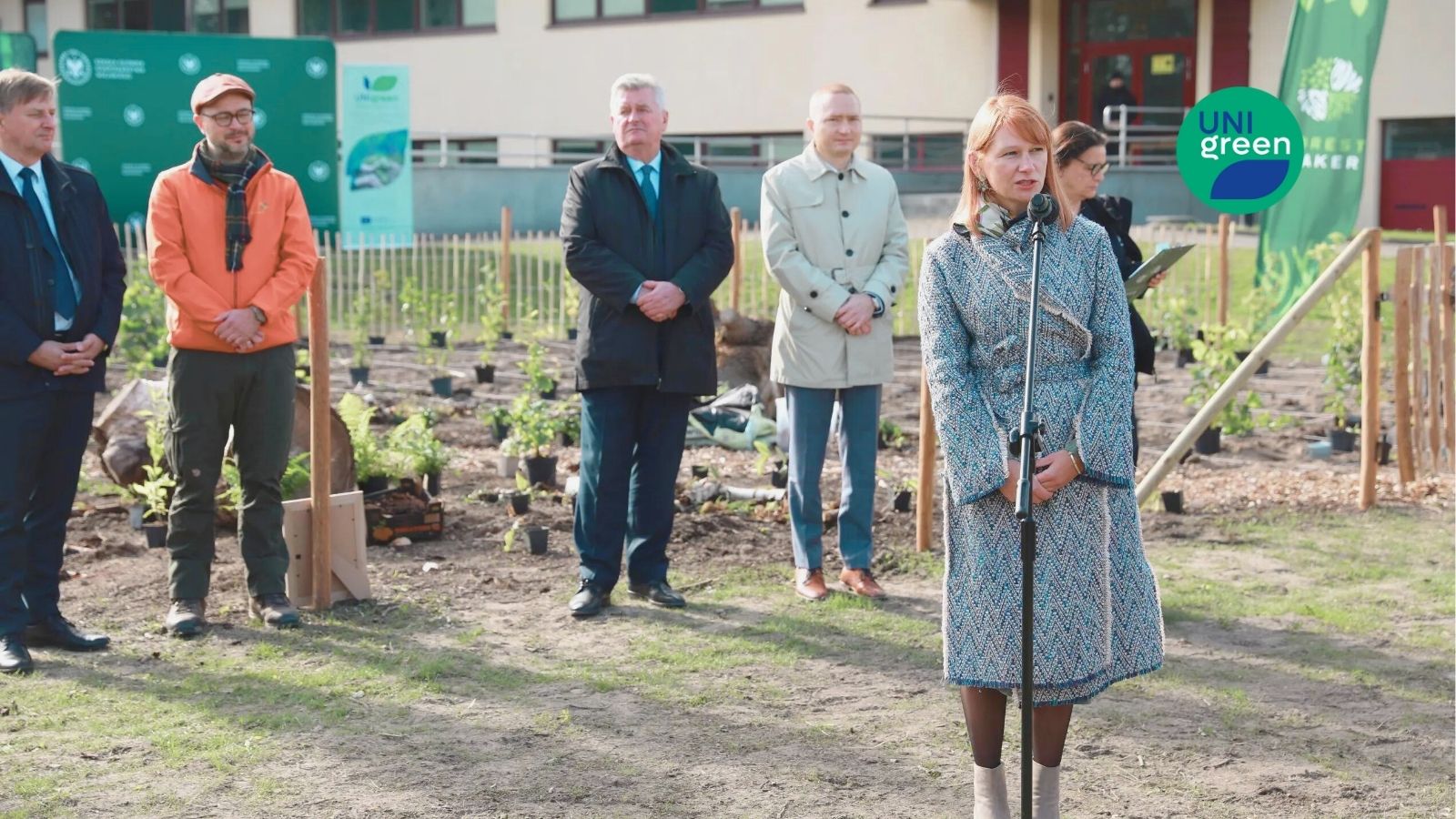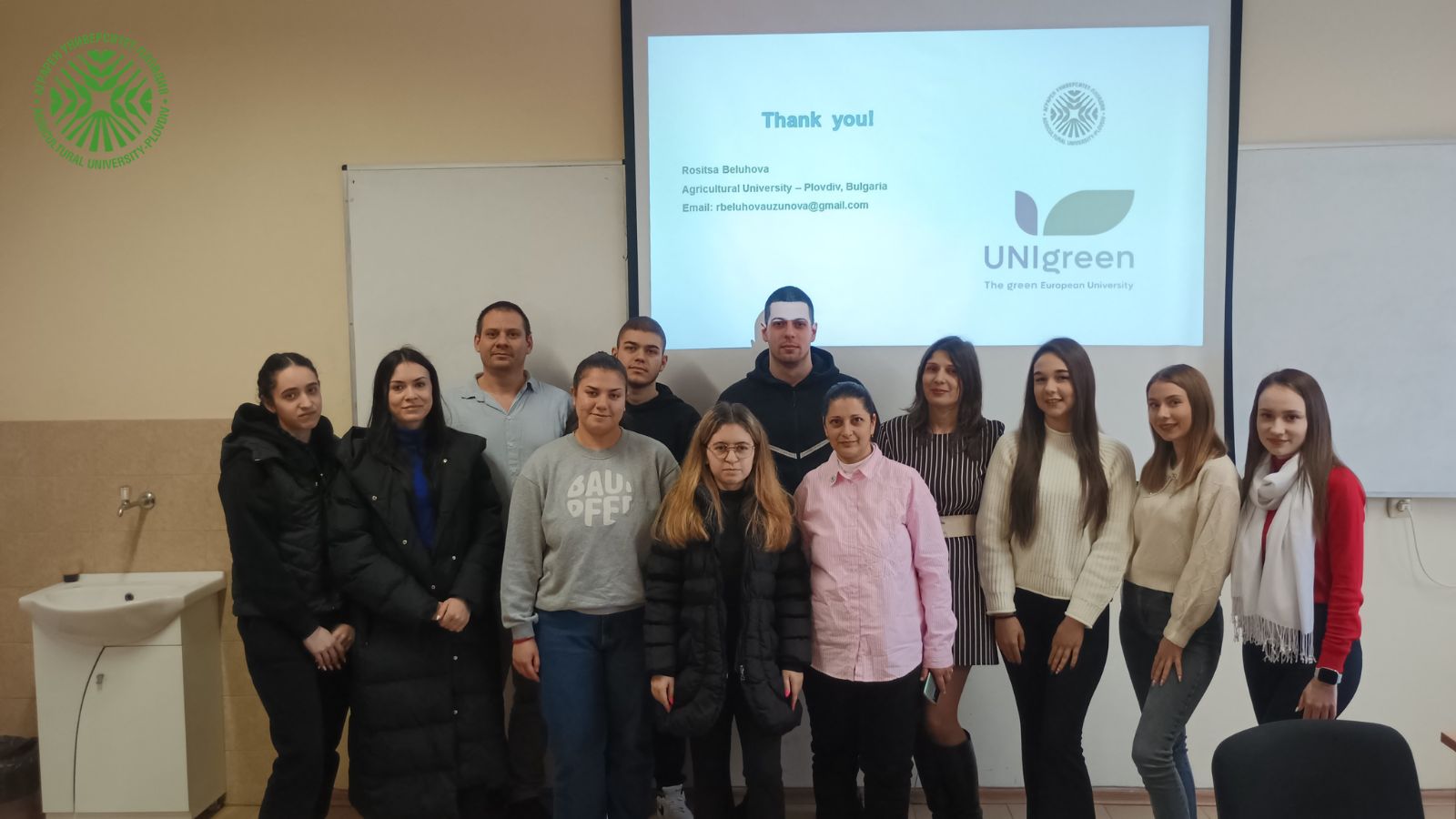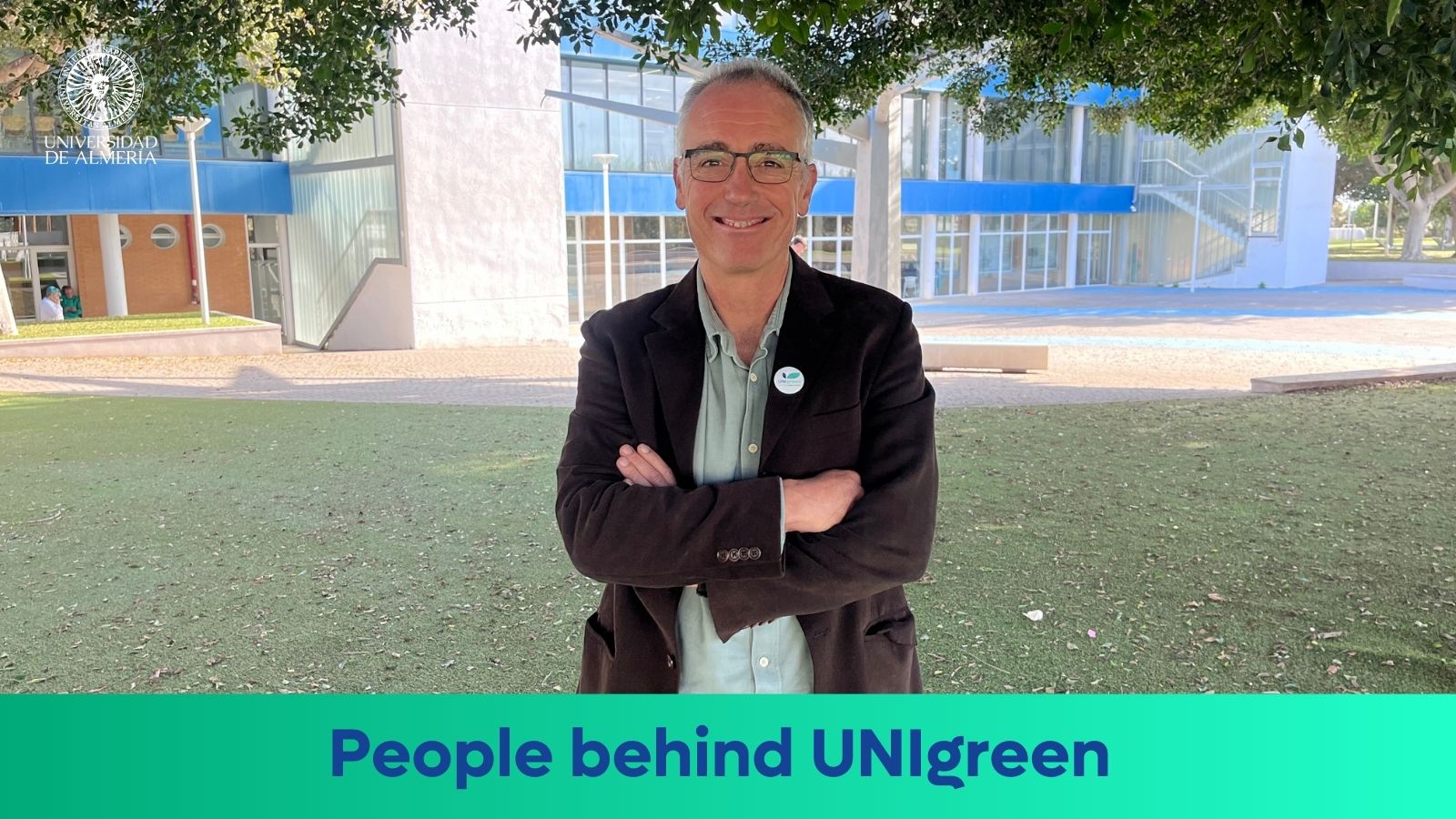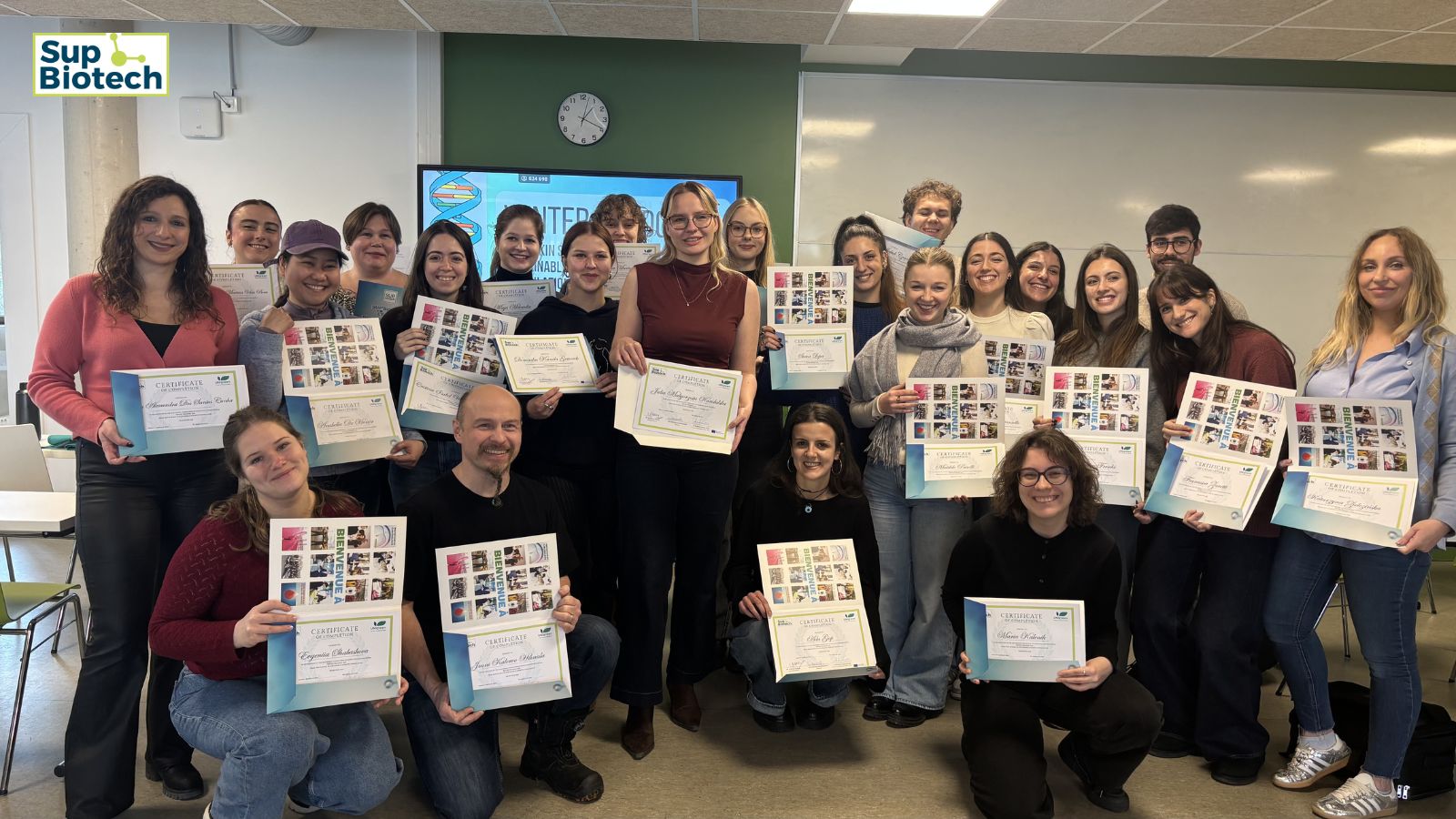The SGGW academic community jointly planted the first pocket forest on the university campus on 2 October 2024.
Miyawaki forest is an innovative method of creating compact, fast-growing forests that grow in small spaces, developed by Japanese botanist Akira Miyawaki. The idea is to plant many native trees and shrub species close to each other, helping to speed up the recovery of ecosystems. Such forests become self-sustaining after just a few years, significantly improving city biodiversity and environmental quality.
Poland’s first ‘pocket forest’ on a university campus.
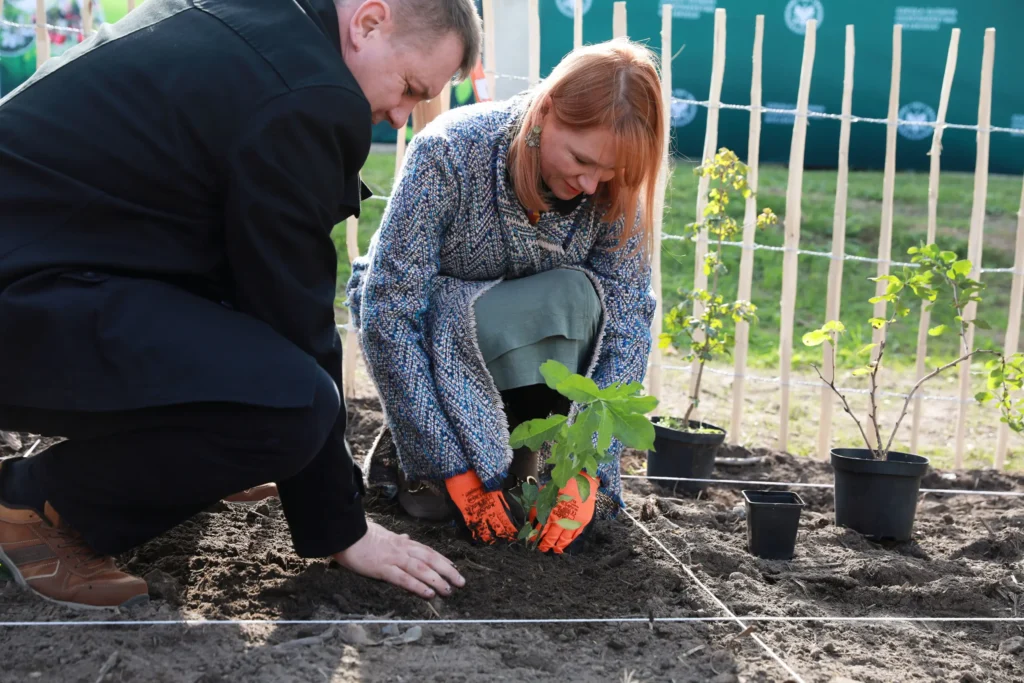
SGGW was the first university in Poland to take the initiative to establish a Miyawaki forest on its campus. Together with Forest Maker, we prepared the site by removing around 200 tones of rubble and adapting the soil for the seedlings. Thus, the forest will grow 1.5-2 times faster than conventional planting methods. A total of 700 plants were planted – 37 species of trees and shrubs and 40 species of groundcover.
The pocket forest will become a biodiversity oasis in a polluted urban environment, absorbing pollution and offering shelter to wildlife such as birds. These activities are essential to the SGGW’s sustainable development goals, contributing to a healthier and friendlier environment.
The event was attended by the Vice-Rector for Internationalization, dr hab. Marta Mendel, prof. SGGW, Vice-Rector for Didactics, prof. dr hab. Jarosław Gołębiewski, and the SGGW Chancellor, dr inż. Władysław W. Skarżyński.
The National Agency for Academic Exchange (NAWA) co-financed the project as part of the UniGreen+UA 2.0 initiative.

